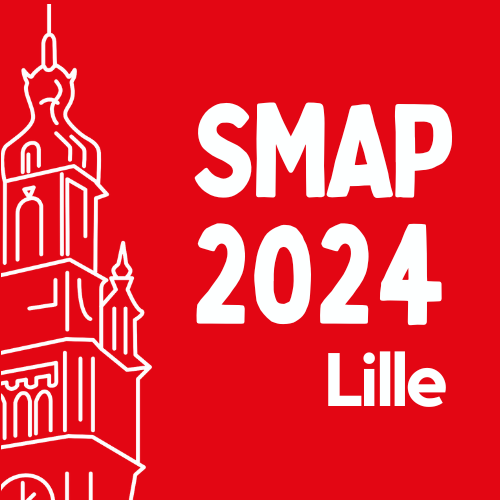
Session: Session 2
Alternative neo-antigens for breast cancer: study of AltProts and their role in MHC Class I presentation
Research into neoantigens for the development of cancer immunotherapies faces a major challenge. Since 2011, alternative proteins (AltProts) derived from mRNA regions traditionally described as non-coding, such as the 3' and 5' UTRs, as well as reading frame shifts and various non-coding RNAs (ncRNA, lncRNA, circRNA), have emerged as a potential new source of biomarkers for various cancers, including ovarian, breast and glioblastoma.
AltProts, which are smaller than the reference proteins, could have distinct biological functions and play a crucial role in the immune surveillance of cancers. In our laboratory, previous studies on ovarian cancer have revealed that some of these AltProts, such as HLA-B associated AltProt IP_2292176 and HLA-A associated AltProt IP_2284785, could be involved in antigen presentation via the major histocompatibility complex class I (MHC-I). This suggests that these AltProt could replace β2-microglobulin (B2M), an essential component of MHC-I, or the immunopeptides traditionally presented by MHC-I, there by modulating the immune response against tumour cells.
Our research aims to answer the following question: how do AltProts participate in the presentation of neoantigens by MHC-I? To move towards personalised medicine, we are investigating the identification of new neoantigens specific to the surface of breast cancer cells, enabling them to be distinguished from non-cancerous cells. To do this, we will optimise the co-immunoprecipitation of HLAs with a pan-specific antibody to HLAs (W6/32). We will then use tandem mass spectrometry (LC-MS/MS) to identify potential HLA interactors, with a focus on the possible AltProts involved, in order to understand the mechanisms of the MHC-I presentation. In addition, we will characterise the immunopeptides presented by MHC-I in breast cancer and compare these peptides between healthy and cancer cells to identify differentially expressed neoantigens.